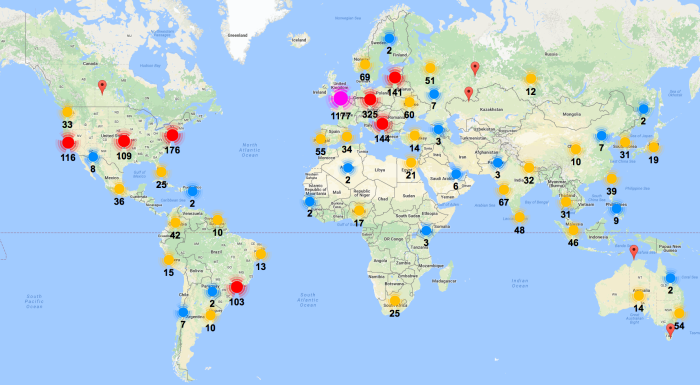Tempus fugit – 12 months have passed since we ran our Haskell MOOC for the first time. And here we go again … the second run of the course begins next week.
Lessons Learnt
We summarized the findings from our initial MOOC run at a recent academic conference on Trends in Functional Programming in Education. You can read a draft paper or see the slides from our conference presentation.
We have also analysed the qualitative feedback we received from learners on the course. We are in the process of writing these results up too – slow going! Repeated feedback seemed to relay the idea that we jump in difficulty level from simple one-line expressions to more complex multi-line functions mid-way through the course. We need to manage this transition better, I guess.
Fixes Made
We corrected lots of minor typos and made a few clarifications to the learning materials for this second run. We have recorded a few new videos, but there wasn’t time to get them QA’d, transcribed and tidied up for the official FutureLearn pages. These videos are mainly clarification, about difficult concepts in the course. We’ll keep them in reserve and post them on youtube as and when these extra resources are required.
Differences Expected
The class size is significantly smaller on this second run. We had over 5000 learners first time round. This time, we have around 1000. We are not sure what will happen in terms of learner engagement and retention – but we hope that the new FutureLearn model will encourage learners to stay for the whole course.
We have interacted with several course veterans on Twitter, as we have been promoting this second run. We encouraged learners who took the course last year to re-enroll and provide support for beginner Haskell developers. We hope this community atmosphere will be apparent during the course.
We want to place more emphasis on learners tackling practical puzzles and coding exercises, which we hope to host on github as the course progresses.

